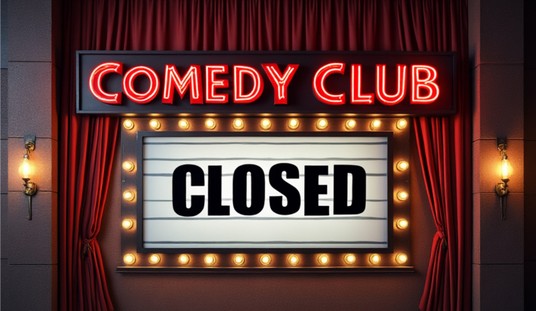China and Russia evidently have concluded a 30-year gas deal which shifts the balance of Russian hydrocarbon exports eastwards, but that’s not the thing to focus on. Pravda reports:
The central themes of the talks between the two leaders will be two projects in the field of aviation – the creation of a joint wide-body long-haul aircraft and the production of Mi-26 heavy helicopter in China, the Kommersant reports.
Russia, entering into such cooperation with China, indicates that it is ready to open access to Russian aircraft technologies, despite the fact that China previously resorted to building unlicensed copies of well-known Russian aircraft.
Energy is important, but military and aerospace technology may be even more important. As the Russian newspaper observes, Russia had restricted exports of its best equipment to China because of intellectual property violations. Two weeks ago Putin approved sale of Russia’s new S400 air defense system to China; this reportedly will give China air cover over the whole of Taiwan, among other things.
Russia always has had first-rate designers, but its production capacities never matched the ideas. Merge Russian designs with Chinese engineering, and the likelihood that the Sino-Russian combination might challenge US technological superiority is high. It’s not surprising that Russia responded to US sanctions by cutting off exports of the rocket engines on which the US depends to launch spy satellites. Bloomberg reports that it will take the US six years to build replacement capacity.
Meanwhile, reports the South China Morning Post,
China and Russia started a week-long naval exercise in the politically sensitive East China Sea yesterday.
Chinese and Russian units taking part in the Joint Sea-2014 drill will be combined rather than operating separately during the exercise, the first time the Chinese navy has worked so closely with a foreign maritime force, according to Beijing-based naval expert Li Jie. “The mixed confrontation and drill means the exercises will operate more like a real battle,” said Li. “It shows the two countries’ strategic partnership has entered a high level of cooperation and coordination, even though both Beijing and Moscow insist they are not military allies.”
I may have lost most of my remaining Republican friends for ridiculing the sanctions and saber-rattling at Russia over Ukraine. We spoke loudly and carried a small stick. What do you propose to do now, big talkers?
We have much, much bigger problems than Ukraine. Here’s what I think we should do after we finish wiping the egg off our face.










Join the conversation as a VIP Member